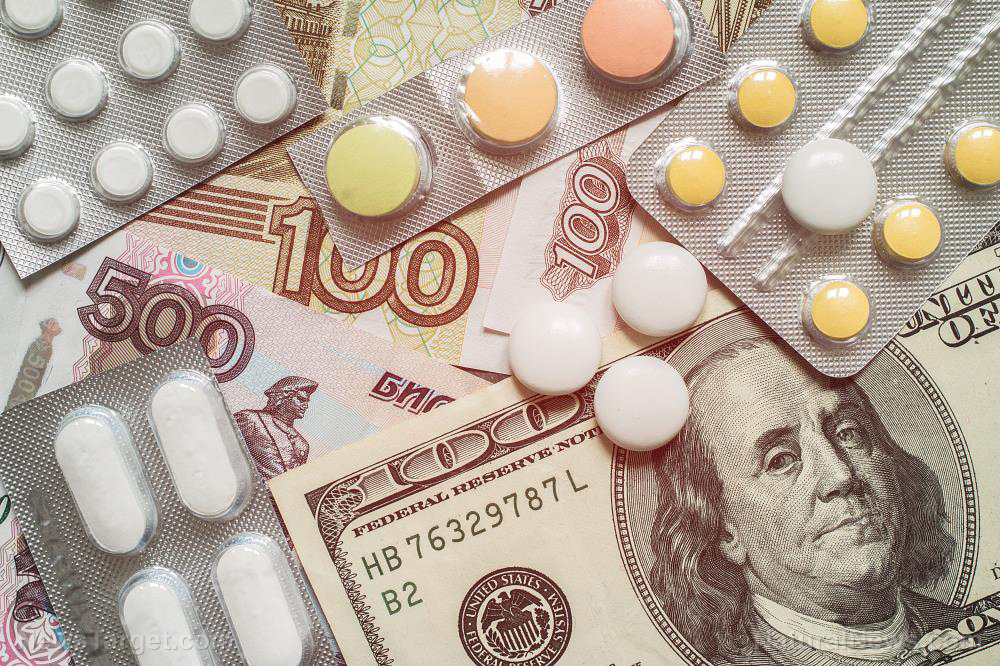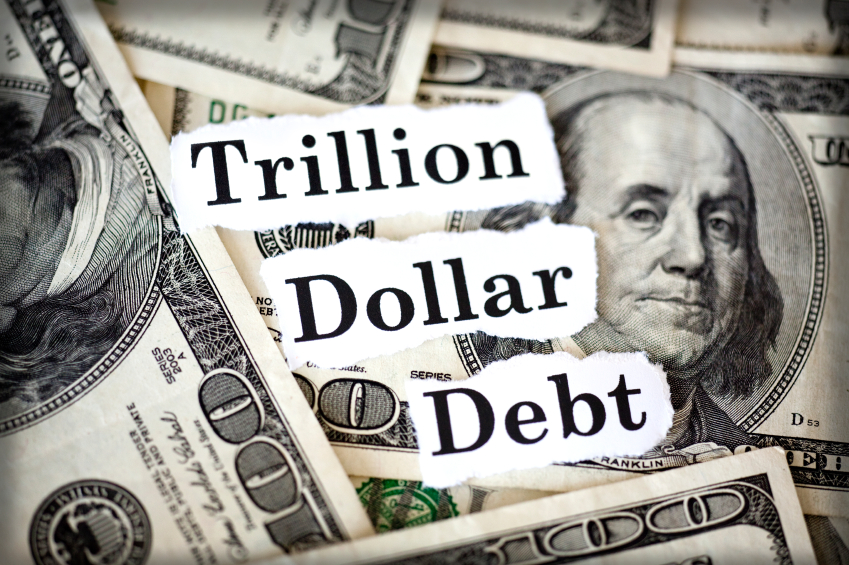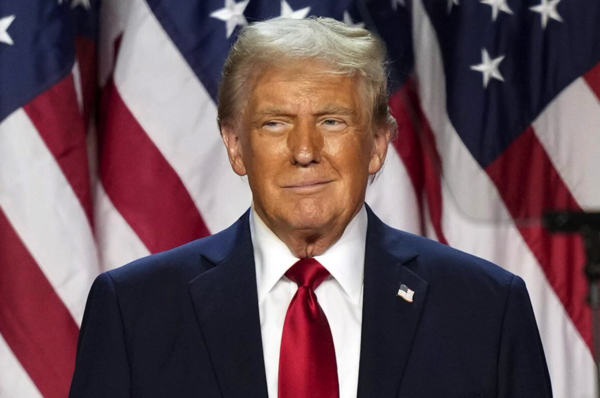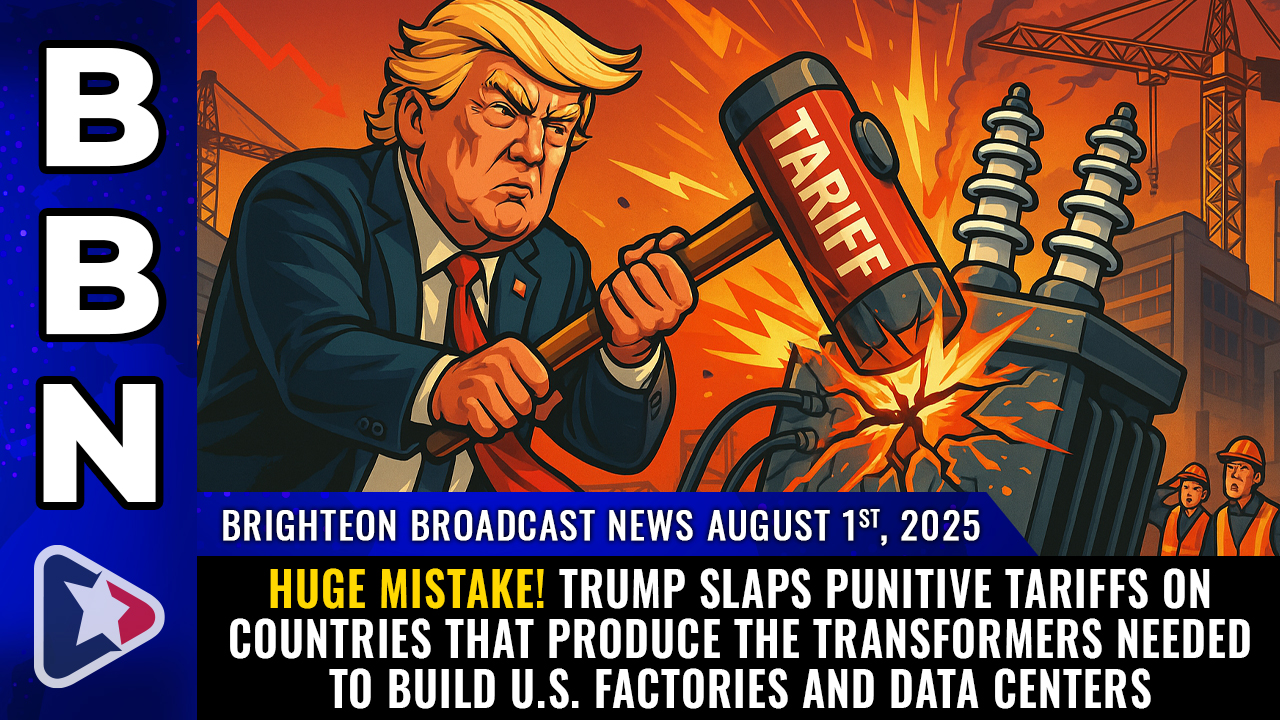Trump gives Big Pharma 60 days to cut drug prices or face government crackdown
08/01/2025 / By Cassie B.

- President Trump demands 17 major drug companies lower U.S. drug prices within 60 days or face government intervention, requiring prices to match the lowest international rates.
- The ultimatum includes extending Medicaid discounts, enforcing “most-favored-nation” pricing for new drugs, and cutting middlemen to ensure direct, fair pricing for consumers.
- Pharmaceutical stocks plummeted after the announcement, with industry lobbyists dismissing the move as harmful to innovation and U.S. leadership.
- U.S. patients pay up to three times more for drugs than other nations, fueling public frustration and political pressure for reform.
- With a September 29 deadline, drugmakers must decide whether to comply or risk aggressive regulatory action, including price controls or importation policies.
President Donald Trump has delivered an ultimatum to 17 major pharmaceutical companies: lower drug prices within 60 days or face aggressive government intervention. The letters, sent to industry giants including Pfizer, Eli Lilly, and Johnson & Johnson, demand “most-favored-nation” pricing, forcing U.S. drug costs to match the lowest prices paid in other developed nations. This follows Trump’s May executive order targeting price disparities, as Americans currently pay up to three times more for the same medications than patients abroad.
A direct challenge to Big Pharma
The letters, personally signed by Trump and shared publicly on Truth Social, outline strict demands for immediate pricing reform. White House Press Secretary Karoline Leavitt read one of the letters aloud during a press briefing, emphasizing the administration’s resolve. “If you refuse to step up, we will deploy every tool in our arsenal to protect Americans from abusive drug pricing practices,” Trump warned.
The president’s demands include requiring drugmakers to extend their lowest international prices to all Medicaid patients, guarantee “most-favored-nation” pricing for newly launched drugs, and repatriate excess revenue from overseas sales to lower costs for American consumers. Additionally, Trump called for direct-to-consumer sales models to bypass middlemen, ensuring patients receive fair pricing without hidden markups.
Unsurprisingly, the pharmaceutical industry pushed back, with shares of major drugmakers tumbling following the announcement. Bristol Myers Squibb and Novo Nordisk dropped nearly 5%, while Sanofi plummeted over 8%. Alex Schriver, senior vice president of PhRMA, the industry’s largest lobbying group, dismissed the demands as “importing foreign price controls,” warning it would “undermine American leadership, hurting patients and workers.”
Yet Trump’s stance reflects a longstanding frustration among Americans who bear the brunt of inflated drug prices. A Rand Corporation study confirms that U.S. patients pay two to three times more than those in other developed nations—and up to 10 times more in some cases. While Big Pharma blames middlemen like pharmacy benefit managers, Trump’s ultimatum shifts accountability directly onto manufacturers.
With a September 29 deadline, the pressure is now on pharmaceutical CEOs to respond. Some companies, including Pfizer and Novartis, issued vague statements about “productive discussions” with the administration, while AstraZeneca confirmed it had proposed voluntary price cuts. However, analysts remain skeptical. Stacie Dusetzina, a health policy professor at Vanderbilt University, noted that compliance is unlikely without enforcement. “I might expect them to try to determine if any of their current products might be made available via direct sales at a lower price,” she said.
UBS analyst Trung Huynh dismissed the letters as “just another shot in the dark,” suggesting minimal industry impact. But Trump’s history of aggressive trade policies, including proposed tariffs on imported pharmaceuticals, signals he may follow through with punitive measures if companies resist.
Fighting for American patients
For decades, U.S. patients have subsidized global drug innovation while foreign governments negotiate steep discounts. Trump’s ultimatum marks a turning point in demanding fairness. “American families deserve immediate relief from vastly inflated drug prices and an end to the free ride of American innovation by European and other developed nations,” he wrote.
If successful, the policy could save billions for taxpayers and patients alike. If ignored, it may trigger unprecedented government action—from price controls to drug importation. Either way, the battle lines are drawn.
President Trump’s ultimatum to Big Pharma is more than a negotiation tactic; it’s a direct challenge to an industry that has long exploited American consumers. With 60 days to act, pharmaceutical giants must decide whether to comply or risk a regulatory showdown. For millions of Americans struggling to afford life-saving medications, the outcome could reshape their future.
Sources for this article include:
Submit a correction >>
Tagged Under:
Big Pharma, corporations, drug prices, drugs, government, medications, politics, prescription medications, Trump, ultimatum
This article may contain statements that reflect the opinion of the author
RECENT NEWS & ARTICLES
COPYRIGHT © 2017 BIG GOVERNMENT NEWS





















